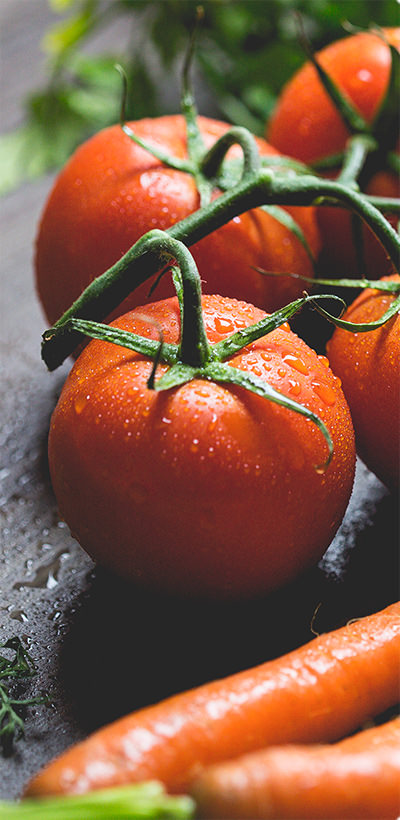Red Spring Onion
This early maturing globe shaped variety has a fine neck, nice dark red colour, and medium strong skin. Short to medium storage capabilities. Good resistance to Fusarium and intermediate resistance to Pink Rot. Plant early as transplants to get maximum bulb size and yields. Matures in 90-100 days from transplant. Also available as pelleted seed. Approx. 200 seeds/pkg.
Scroll down for more details and growing information.

Details
Growing Information
Planting:
Plant seed as soon as the soil can be worked in the spring. Onion seed germinates in a wide range of soil temperature, 18-29 degrees C. Sow and cover seed with 1⁄2 inches of soil; keep moist. Onion seeds started indoors 6-8 weeks ahead of transplanting will be earlier, larger and have a better shape than sets and direct seeded onions. Plant 3-4 seeds in a1 inch cell. Thin to 2 seedlings per cell. Seedlings can be trimmed to 3-4 inches in height to promote stockier transplants. Thin or transplant to 3-4 inches apart in rows 18-24 inches apart. To plant onion sets, simply press sets into the soil about 2 inches apart. Later thin to about 4-6 inches apart to allow bulbs to mature. Bunching onions can be left at 1-11⁄2 inches apart. Space shallots 1 inch apart in rows 4 inches apart.
Growing:
Onions benefit from full sun, soil pH of 6.0-7.5 and a well-drained soil with plenty of compost or well-rotted manure added. Feed with a complete balanced fertilizer during the growing season, particularly when the bulbs start to form.
Harvest:
Bunching onions are used when young and green. To harvest storage onions: when onion tops begin to fall over, turn brown and wither, it is time to harvest. Tipping bulbs over to break some of the roots will speed drying. Pull and place onions in dry, warm airy location out of direct sun for up to 3 weeks to cure. After curing process is complete, store in cool, dry location. The drier the onions, the better they store.
Pests & Diseases:
Storage rot may be the result of diseases encountered during the growing season. Onions should be cured before storing.
Companions:
Beet, cabbage family, carrot, kohlrabi, lettuce, parsnip, pepper, spinach, strawberry, tomato, turnip.



